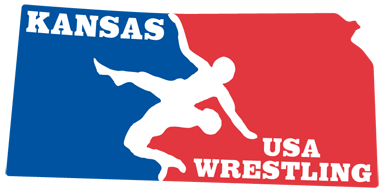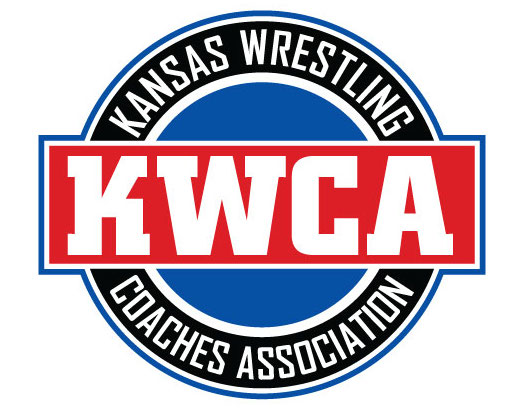Interesting article related to topic.
Church-state issue clouds schools' conversion
Posted 4/10/2010 3:47 PM ET E-mail | Save | Print
By Carly Everson, Associated Press Writer
INDIANAPOLIS — Gloria Guillen wanted to keep her youngest child in the Catholic school he's grown up attending as long as possible. But she knew that eventually the financial strain of private-school tuition would force her to move him into public schools, just as she'd done with his older siblings.
But a plan to convert two Catholic elementary schools into taxpayer-supported charter schools this fall means Guillen's son Ivan, a fifth-grader at St. Anthony School in Indianapolis, will get to stay in his school without paying parochial school tuition.
Charter school authorizers and management officials say the city's approval Monday of a plan to convert St. Anthony's and St. Andrew & St. Rita Academy into charter schools marks the first time in the country that an archdiocese will run public charter schools.
The move will qualify the schools for nearly $1 million in state funding in the first year.
But concerns about the archdiocese's ability to maintain a separation of church and state have already prompted a national watchdog group to write Mayor Greg Ballard's office with its concerns.
Americans United for Separation of Church and State said it is concerned about the archdiocese's willingness to end all school prayer and remove religious icons, as well as how teachers who remain with the schools will be trained so they understand the constitutional duties of public school teachers.
"We are certainly going to be watching the situation as closely as we can and making noise about it when we see things going on that should not be," said Leona E. Balek, president of the group's Indiana chapter.
Archdiocese spokesman Greg Otolski said the schools will end religious education classes during the school day and will remove or cover religious icons.
At St. Anthony, that means removing the crucifixes and statues of saints found in every classroom and office, along with the Bibles sitting on display tables in hallways and saint statues in stairwells.
The board will have to get creative at St. Andrew & St. Rita, where two large limestone crosses are part of the outside wall of the building, said Connie Zittnan, director of the Mother Theodore Catholic Academies, which currently runs the city's six urban Catholic schools.
MTCA will continue to manage the day-to-day operations of the charter schools, which are generally free of many of the curriculum, budget and other regulations imposed on traditional public schools. But it will do the bookkeeping offsite so that there is no confusion between the finances of the private and public schools, which require different levels of accountability to the government, Zittnan said.
The two schools will be renamed this summer by parents. Each will have spots for 24 students per grade level and will accept applications during a two-week open admission period, Zittnan said. A lottery will be held if applications exceed available spots.
Current teachers will have to reapply for their jobs, but Otolski anticipates many will return after the transition.
Archdiocese officials say they began looking for ways to keep the schools open more than a year ago because of a growing budget deficit.
The archdiocese has long subsidized the schools because low-income families couldn't afford full tuition. Principal Cindy Greer says the average family income is $14,000 a year at St. Anthony's, where cramped quarters mean an all-purpose room in the basement serves as art, music and physical education space, as well as the cafeteria. A tiny clinic and offices are partitioned from the rest of the room by tall cabinets.
About 98 percent of students at St. Anthony qualify for free or reduced lunch, Otolski said. Some families could afford only $300 of the approximately $7,000 it costs to educate a child at inner-city schools each year.
Greer said most families are relieved that they'll pay only book rental fees once the school converts to a charter.
Even so, Otolski said the decision to apply for charter status was "bittersweet."
Ballard, who approved the charters, said the move is an "innovative" way to keep schools open so they can fill the needs of families in the struggling areas surrounding the schools.
"A good neighborhood school is always a good thing to have," Ballard said. "These schools have been around for a while and obviously have trouble making ends meet, but they still provide a valuable service for these neighborhoods."
Karega Rausch, director of Indianapolis' charter schools, said Indianapolis' approach is unique because ADI Charter Schools, Inc., a nonprofit founded by the archdiocese, will continue to run the schools. Catholic church leaders in New York, and Washington, D.C., have converted parish schools into charter schools, but those were operated by secular organizations, he said.
Greg Richmond, president of the National Association of charter School Authorizers, said more parochial schools are considering converting to charters.
"This is certainly becoming a much more frequent topic of discussion than it used to be," Richmond said. "If you'd asked me this question three years ago, I'd have said that it's come up a couple times in the last fifteen years across the country."
Officials say they're confident the schools can successfully separate church and state from their daily operations.
The schools will use a secular adaptation of the state-approved character education curriculum already used in the city's urban Catholic schools, according to the charter application. All staff will be trained in curriculum changes, as well as changes that come as the school becomes public, Zittnan said.
"Certainly, we're going to paying particular attention to this school given the nature of it, to ensure that no religious activities occur, but we have high levels of accountability in the process that the mayor has created that we will implement in these schools as well," said Christine Marson, assistant director of the mayor's charter school office.
Guillen, who plans to enroll Ivan in the sixth grade at the renamed St. Anthony's charter this fall, said children will still learn Catholic values so long as their parents are involved at the school and keep their children active in the church.
Still, Richmond thinks the schools will have to walk a careful line as they learn the rules for admissions, expulsions and accountability for funds for public schools.
"This switch goes far beyond saying, 'Well, we're no longer going to say prayers,"' Richmond said. "There is a whole set of obligations that public schools have to students and to the public that private schools do not have.
"I think that's a greater challenge than saying you're going to take the religion out."







